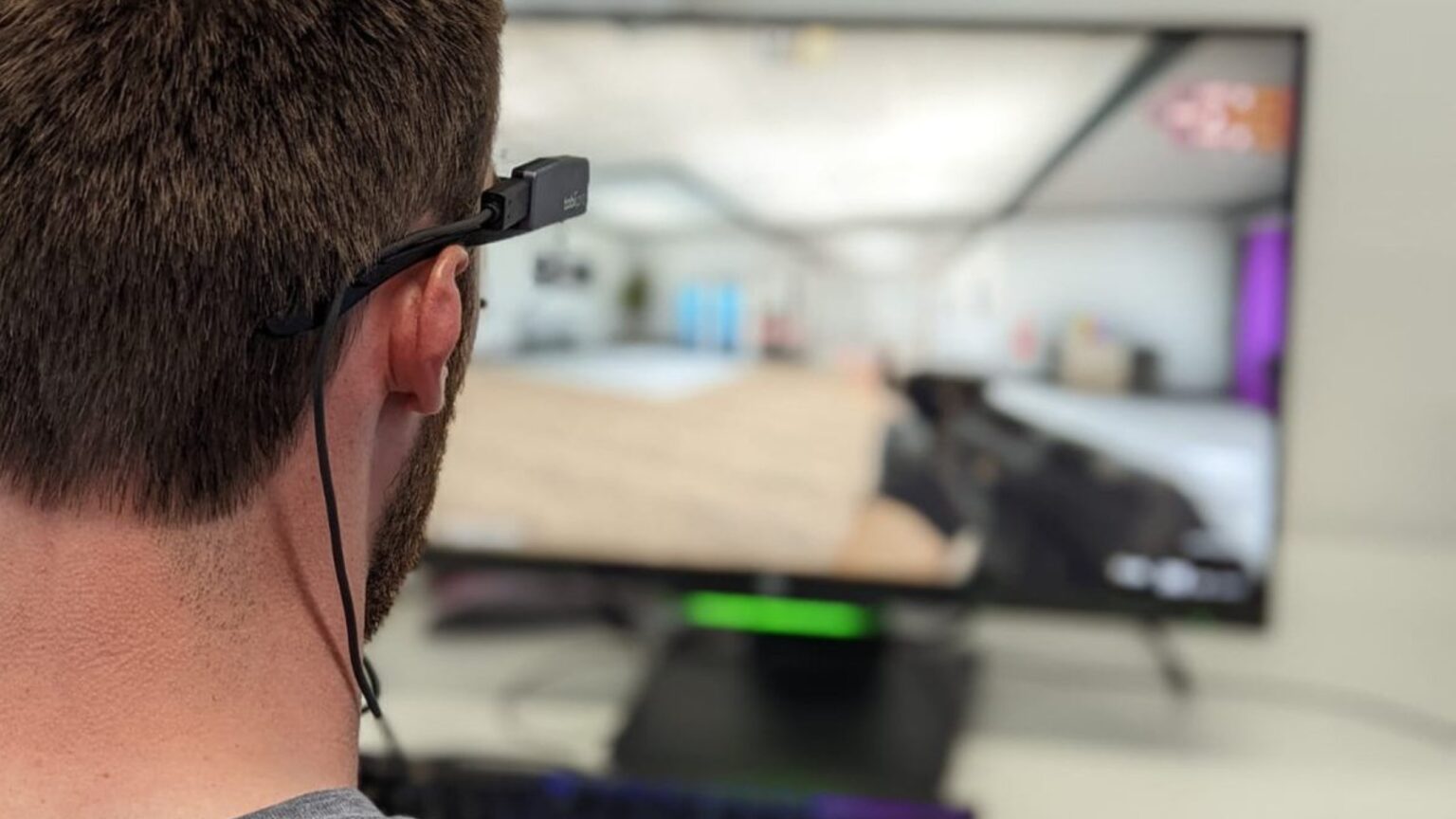A new study by the University of Chichester on professional eSports has uncovered the significant impacts of pressure on player performance.
The research, a joint effort with the University of Bath, delves into the psychological and physical challenges top-tier eSports athletes face. This burgeoning industry, now a multi-billion-dollar enterprise, puts players under intense scrutiny, with online and in-person tournaments drawing global audiences.
Also read: Higher National eSports Qualifications Launched in the UK
The weight of expectations
eSports has evolved into a multi-billion-dollar industry, with professional players like Johan Sundstein (N0tail) and Jesse Vainikka (JerAx) potentially earning millions. However, this lucrative career comes with its own set of challenges. Players contend with audience expectations, competitive leaderboards, and team demands, all of which can intensify anxiety symptoms.
Dating back to 2019, the University of Chichester’s ongoing research has consistently delved into the stressor-performance relationship in eSports. Their latest study, building upon previous work, explicitly investigates the impact of high-pressure situations on national and university-level players. These insights are pivotal for coaches and sports psychologists to optimize player performance in critical moments.
The study’s first experiment involved 90 participants, including males and females, who played Counter-Strike under varying pressure levels. Findings revealed that high-pressure scenarios led to increased anxiety, threat appraisals, and suboptimal gaze behavior, negatively affecting performance. This impact was more pronounced in university-level players compared to national-level athletes.
New paper! #CS2 competitors experience elevated #anxiety levels, increased #threat appraisals, and demonstrate suboptimal #gazebehaviour and inferior #performance under high-pressure conditions. Check out our press release on our new #esport research: https://t.co/SNO0R4wpid pic.twitter.com/PTpFq3zf3A
— Dr Benjamin T. Sharpe (@benjamintsharpe) December 4, 2023
In a second, more intense experiment, elite-level competitors were subjected to a live audience and real-time feedback. Despite the increased cognitive effort, as measured by pupillometry, the players displayed higher anxiety and worse performance under pressure. This reveals a clear correlation between psychological stress and decreased efficiency in eSports performance.
The science behind performance
Dr. Benjamin T. Sharpe, the study’s lead author, emphasizes the importance of this research in aiding eSports players. By understanding the mechanisms of anxiety and performance, strategies can be developed to enhance player coping abilities and maintain focus during critical moments.
“The study will hopefully contribute to the scientific pursuit of assisting eSports players in enhancing their performance during critical moments.”
Adding to this, Dr. Phil Birch highlights how the study uses subjective and objective measures to deepen the understanding of pressure’s impact on eSports performance. According to Birch, the study results have significant practical applications in the training and coaching of eSports professionals. Moreover, he plans to discuss these implications at the upcoming European Congress of Sport and Exercise Psychology next year.
“Our study harnesses both subjective and objective psychophysiological measures of stress to advance our understanding of the impact of pressure on eSports performance.”
Educational implications and beyond
The University of Chichester is not just researching eSports; it’s actively incorporating these findings into its curriculum. The BA (Hons) eSports and BSc (Hons) Sport and Exercise Psychology degrees integrate the study’s insights, preparing students for the multi-faceted challenges of the eSports world. From understanding the psychological underpinnings of performance to practical applications in coaching and strategy, the university sets a precedent in eSports education.
As the eSports industry continues to grow, understanding and mitigating the impacts of pressure on players will be crucial. However, one pivotal question remains: Could this study be the key to unlocking the full potential of eSports athletes worldwide?









 and then
and then